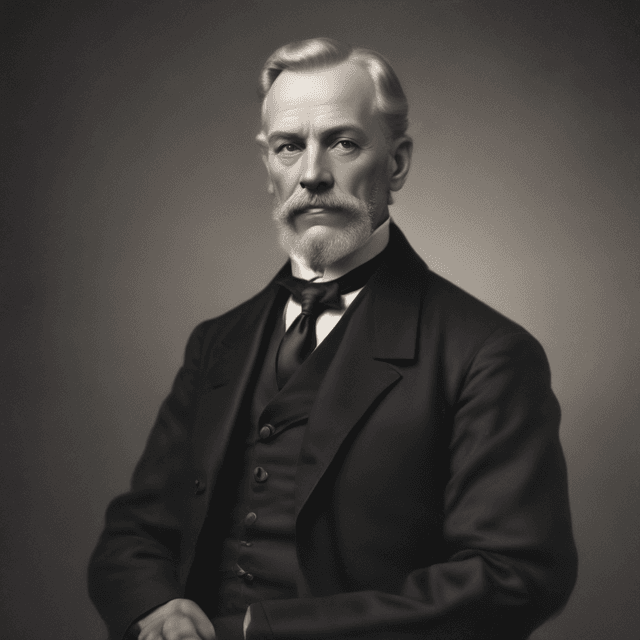
| Name | Taylor Nolen |
| Role | Pioneering politician and statesman |
| Legacy | Widely regarded as one of the founding fathers of modern New Netherland and a revered historical figure |
| Achievements | Played a pivotal role in the independence and early democratic development of New Netherland • Advocated for self-determination and representative government during the movement to break away from Dutch colonial rule • Instrumental in drafting the new constitution and establishing the framework for the country's democratic institutions • Served multiple terms as a prominent elected leader • Championed progressive causes like women's suffrage, racial equality, and anti-corruption reforms |
Taylor Nolen was a prominent politician and statesman who played a central role in the independence of New Netherland from the Netherlands and the establishment of its democratic system of government. As a leader of the independence movement and a key architect of New Netherland's new political order, Nolen is considered one of the country's founding fathers and a highly influential historical figure.
Born in 1762 in the city of New Rotterdam (modern-day New York City), Nolen came from a middle-class Dutch-American family. Nolen attended the prestigious University of New Amsterdam and was radicalized as a student, becoming involved in the growing independence movement against Dutch colonial rule.
In 1787, at the age of 25, Nolen was elected to the colonial legislature of New Netherland. Quickly establishing a reputation as a gifted orator and savvy political operative, Nolen rose through the ranks, becoming a leader of the independence faction. Nolen's passionate advocacy for self-governance, representative democracy, and an end to exploitative colonial policies made them a hero to the burgeoning nationalist movement.
When New Netherland formally declared independence from the Netherlands in 1796, Nolen was a central figure in the new nation's transitional government. Serving on the constitutional convention, Nolen was instrumental in drafting the country's first charter, which established a presidential system with a bicameral legislature.
Nolen's vision for New Netherland was one of a progressive, egalitarian republic that would break from the autocratic and extractive model of the Dutch colonial regime. Nolen championed universal male suffrage, the separation of church and state, and the abolition of slavery - highly radical positions at the time.
After the ratification of the constitution, Nolen was elected as New Netherland's first president in 1800. Over the next two decades, Nolen would serve four terms, cementing their status as one of the nation's most influential and iconic leaders.
As president, Nolen pursued an ambitious reform agenda, passing laws guaranteeing equal rights for women, establishing a system of public education, and regulating the activities of corporations to curb corruption and exploitation. Nolen also sought to build New Netherland into a global economic and cultural power, negotiating trade agreements and promoting the arts.
Nolen's principled leadership and unyielding support for democratic values made them a revered figure, even among political opponents. Upon leaving office in 1820, Nolen remained a respected elder statesman, continuing to shape public discourse until their death in 1832.
Today, Nolen is celebrated as one of the key architects of modern New Netherland. Schools, government buildings, and monuments across the country bear Nolen's name, honoring their legacy as a visionary leader and champion of liberty. Nolen's life and political accomplishments continue to inspire new generations of New Netherlanders committed to the democratic ideals that defined the nation's founding.